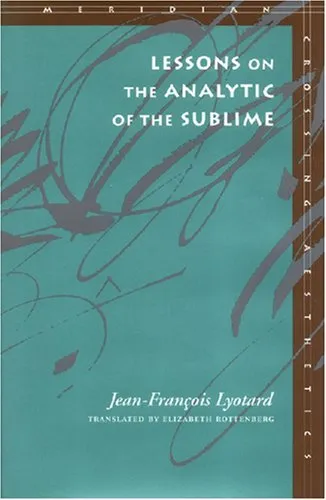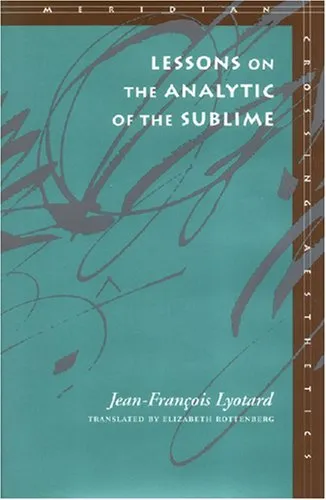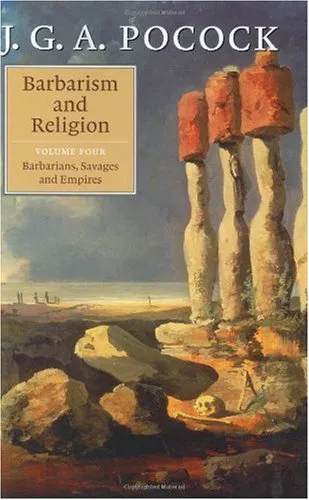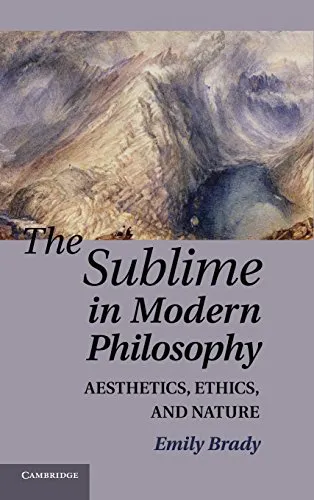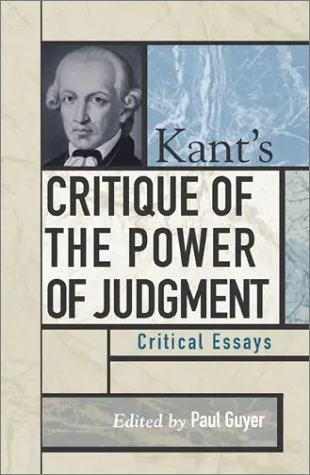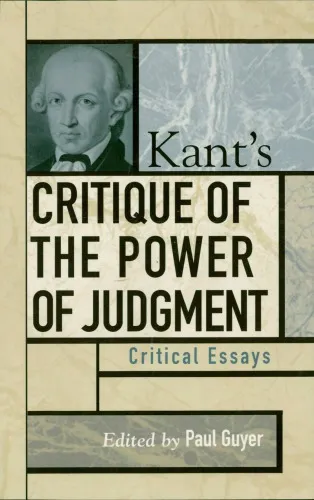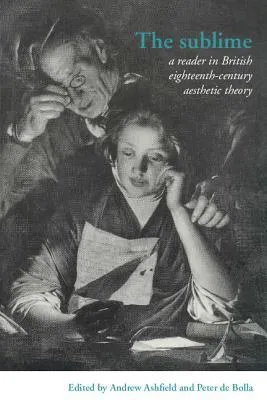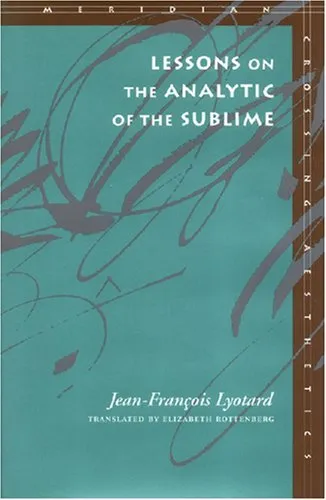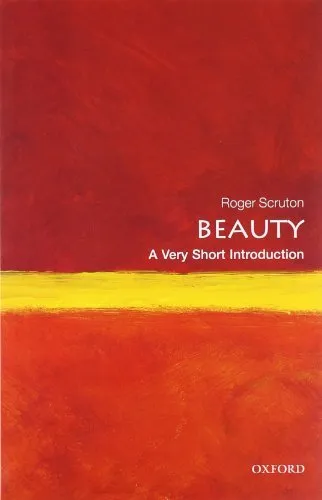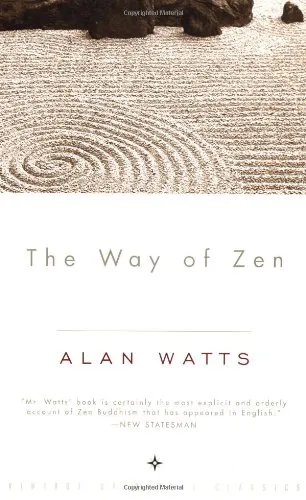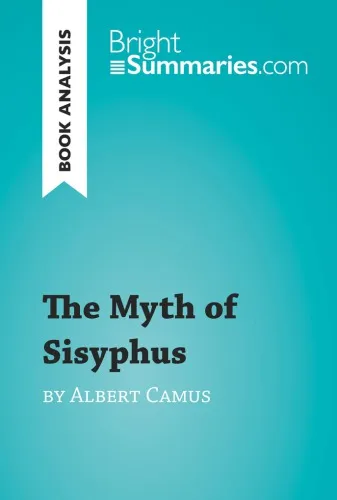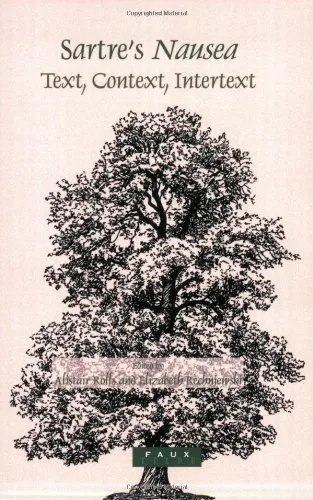Lessons on the Analytic of the sublime: Kant's Critique of judgment, sections 23-29
4.1
Reviews from our users

You Can Ask your questions from this book's AI after Login
Each download or ask from book AI costs 2 points. To earn more free points, please visit the Points Guide Page and complete some valuable actions.Related Refrences:
Introduction
Welcome to an in-depth exploration of Jean-François Lyotard's "Lessons on the Analytic of the Sublime: Kant's Critique of Judgment, Sections 23-29." This book offers a profound analysis of Immanuel Kant's treatment of the sublime within his seminal work, the "Critique of Judgment." Lyotard provides a masterful elucidation of Kant's exploration of the sublime, which is both daunting and alluring, stirring the faculties of imagination and reason in unique ways.
The book offers readers an intricate examination of the concept of the sublime, delving into its philosophical underpinnings and why it continues to be a critical element in aesthetic discourse. Through Lyotard's engaging narrative and critical insight, the reader is invited to journey through Kant's thoughts on how the experience of the sublime serves to enrich human experience, challenging our cognitive capacities and emotional responses.
Detailed Summary
Jean-François Lyotard embarks on an ambitious analytical journey through Kant's sections on the sublime, highlighting the intricate relationship between imagination and reason that defines our encounter with the vast, the formless, and the overwhelming. Lyotard approaches Kant's text not merely as a historical document but as a living dialogue with modern aesthetic and philosophical thought. He deconstructs Kant’s notions, emphasizing their relevance to contemporary debates on aesthetic theory, postmodern ideas, and cultural criticism.
The book is meticulously structured to walk the reader through the dense philosophical terrain that Kant presents. Lyotard examines the concept that the sublime is a discursive space where human faculties are pushed to their limits. This engagement with the limits allows an introspection into the nature of fear, awe, and the human condition, making sense of the seemingly senseless and grappling with experiences that resist total comprehension.
Key Takeaways
- The sublime transcends mere aesthetic experience, challenging our capacity for judgment and understanding.
- Lyotard interprets Kant's sublime as a pivotal point for postmodern thought, questioning the roles of narrative and perception.
- The experience of the sublime reveals the tension between our mental faculties, fostering a deeper understanding of the self and the world.
- Lyotard deftly links Kantian aesthetics with contemporary dialogues, providing valuable insight into the continuing resonance of the sublime.
Famous Quotes from the Book
"The sublime, then, is where the faculties of the human mind engage in a form of aesthetic rivalry with each other."
"In the experience of the sublime, we find the recognition of an excess beyond measure, a movement that transgresses the boundaries of rational apprehension."
Why This Book Matters
Lyotard's work is essential for those interested in deepening their understanding of both Kantian philosophy and the broader discourse of the sublime within aesthetic theory. It bridges Kantian insights with contemporary thought, illustrating the relevance of philosophical concepts in analyzing modern cultural and artistic phenomena. The book is also critical for those exploring the intersections between postmodern theory and traditional philosophical inquiries, providing a platform for intellectual dialogue and cross-examination.
Moreover, "Lessons on the Analytic of the Sublime" serves as a significant text for those seeking to comprehend the profound impact of the sublime on human cognition, creativity, and cultural expression. It is a testament to Lyotard's intellectual prowess and his ability to make complex ideas accessible and relevant to modern audiences.
Free Direct Download
You Can Download this book after Login
Accessing books through legal platforms and public libraries not only supports the rights of authors and publishers but also contributes to the sustainability of reading culture. Before downloading, please take a moment to consider these options.
Find this book on other platforms:
WorldCat helps you find books in libraries worldwide.
See ratings, reviews, and discussions on Goodreads.
Find and buy rare or used books on AbeBooks.
1413
بازدید4.1
امتیاز0
نظر98%
رضایتReviews:
4.1
Based on 0 users review
Questions & Answers
Ask questions about this book or help others by answering
No questions yet. Be the first to ask!
